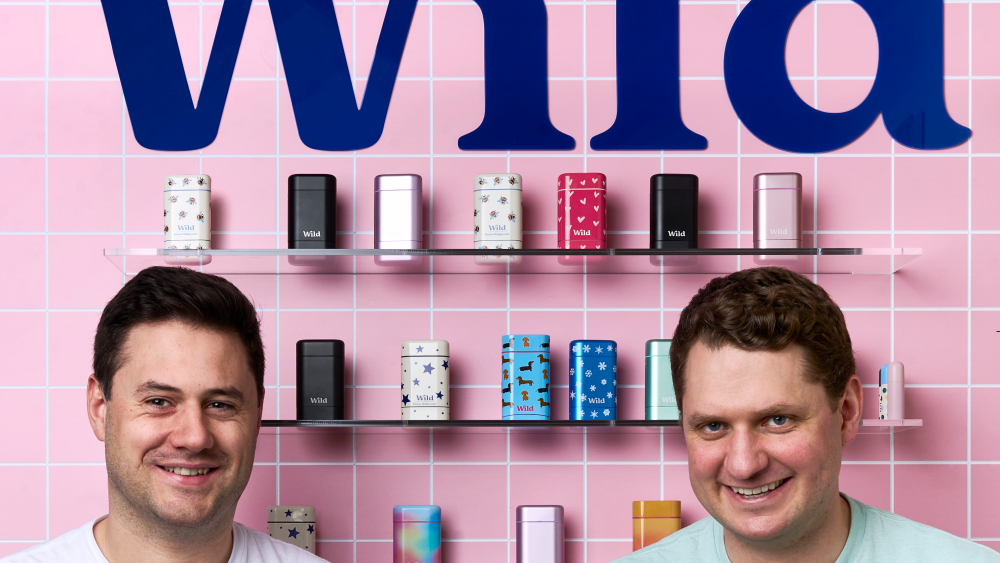Unilever, a global leader in consumer goods, has made a significant move in the personal care sector by acquiring British sustainable deodorant brand Wild for an undisclosed sum. This acquisition signals Unilever’s commitment to sustainability and innovative brands that resonate with modern consumers. Notably, Wild was co-founded by childhood friends Charlie Bowes-Lyon and Freddy Ward in 2020, who have successfully built a brand that emphasizes eco-friendliness and social responsibility. They will continue to lead Wild post-acquisition, ensuring that the brand remains true to its roots.
Wild has carved out a niche for itself with its unique range of deodorants that come in reusable aluminum containers, complemented by biodegradable refills. This eco-conscious approach has expanded into a broader product line that includes body wash, hand wash, and lip balms, all designed with sustainability in mind. Retailing at around 12 pounds in the UK, Wild’s products are not just practical but also stylish, featuring vibrant prints and enticing scents like juicy mango and sea salt. Since its entry into retail in 2022 with Sainsbury’s, Wild has widened its distribution, making its products accessible through various retailers, including Boots, Amazon, and Tesco, alongside a recent venture into the U.S. market via Target.
Unilever’s president of personal care, Fabian Garcia, voiced his excitement about the acquisition, highlighting Wild’s innovative formulations, packaging, and consumer-centric marketing strategies. He expressed that Wild aligns perfectly with Unilever’s portfolio, indicating a shared vision of prioritizing consumer preferences and sustainability. This acquisition not only strengthens Unilever’s offerings in personal care but also showcases their intent to incorporate more brands that resonate with consumers seeking environmentally friendly options.
The founders expressed their enthusiasm about joining the Unilever family. Bowes-Lyon noted that this partnership would significantly boost their mission to eliminate single-use plastics in personal care. The support from Unilever comes not only in terms of resources but also in its extensive global reach, which Bowes-Lyon believes will facilitate Wild’s growth and help them become a more profitable brand. He acknowledged the challenges of maintaining good margins with their current production scale and expressed optimism about how Unilever’s capabilities could help alleviate these issues.
Financially, the acquisition comes at a time when Unilever is seeing some fluctuations in its performance. For 2024, the company reported a slight increase in turnover and a 4.2% underlying sales growth. However, the net profit saw a significant decline of 10.8%, attributed to losses from disposals and increased costs associated with their restructuring efforts. This mixed financial landscape makes the acquisition of Wild a strategic move that aligns with both the growing demand for sustainable products and an effort to enhance profitability in a competitive market.
As Unilever navigates these changes, it has experienced significant leadership shifts, with Hein Schumacher recently parting ways with the company. He was succeeded by Fernando Fernandez, a transition that reflects Unilever’s ongoing evolution as it seeks to adapt to changing consumer expectations and market dynamics. With the addition of Wild to its roster, Unilever is not only taking a step toward more sustainable practices but also positioning itself to meet the needs of a growing demographic of environmentally conscious consumers.

